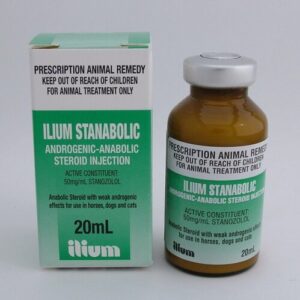L-carnitine Injection is synthesized in the liver from the amino acids methionine and lysine. This naturally occurring substance is found in all mammalian tissues, especially striated muscle, and is required in energy metabolism, such as the oxidation of fatty acids, facilitating the aerobic metabolism of carbohydrates, and enhancing the excretion of certain organic acids. While only the L isomer is present in the biologic system, commercial synthesis of carnitine produces a D, mixture, from which the L-isomer is obtained. The D-isomer has pharmacologic effects but does not participate in lipid metabolism. Commercially, carnitine is available as both a prescription and non-prescription product. The prescription version is levocarnitine, while most dietary supplements contain D,L which is commonly sold in health food stores. L-carnitine Injection
Levocarnitine has been used in the treatment of primary and secondary carnitine deficiency in adults and neonates, Alzheimer’s disease, dilated cardiomyopathy in adults and children, valproic acid-induced hepatotoxicity in children, and hyperlipoproteinemia. It has been designated an orphan drug for a variety of conditions. Its use in alcohol induced fatty liver, Down’s syndrome, and chronic fatigue syndrome has shown varying results. Some athletes use carnitine supplements to increase exercise performance, however, the concept of carnitine loading does not appear to be very effective.1 Further, D, competitively inhibits levocarnitine. This inhibition may lead to a deficiency. Prescription forms of levocarnitine were approved by the FDA in 1985 (tablets), 1986 (oral solution), and 1992 (injection) L-carnitine Injection






Reviews
There are no reviews yet.